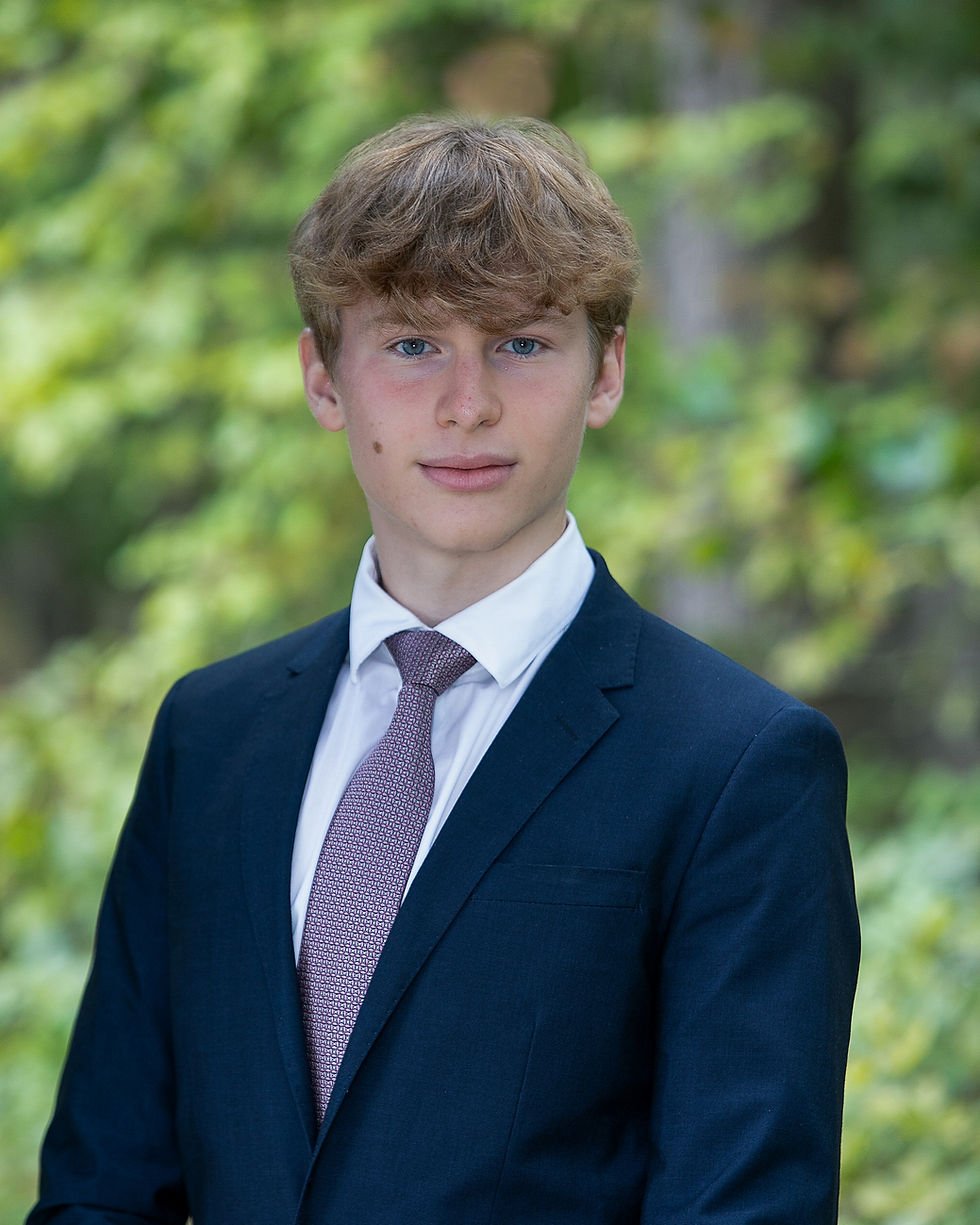William Brisson
I am a hard-working student with a passion for economics, finance, and climate change, striving to make a positive impact on the world. My curiosity was ignited at the age of 10 while listening to Freakonomics podcasts during long car rides. At 12, I co-founded the Stock Market Club, my first attempt to spread this enthusiasm to my peers through lectures, discussions, and competitions. I quickly realized a desire to create a broader impact beyond my immediate circle.
Deploying efficient cookstoves in Guatemala became the perfect way to combine tangible community impact with my growing interest in climate finance. This initiative reduces smoke-related health risks and carbon emissions while allowing me to explore the economics of sustainability, emissions reductions, and carbon offset markets. In developing this project, I was astonished to learn that the social cost of carbon is approximately $200 per ton, yet carbon emissions in Guatemala can be reduced for less than $6 per ton with significant co-benefits. I was even more surprised to discover that hyperscalers are willing to pay $750 per ton to remove carbon using unproven industrial capture techniques, despite the atmospheric impact being the same as reducing a ton in Guatemala for $6.
In September 2023, I traveled to Antigua with a friend and my brother for a long weekend to install five cookstoves and meet local families and a nonprofit organization. I returned in August 2024 for several weeks to improve my Spanish and install 25 cookstoves. Witnessing the potential firsthand, we knew we could do more and decided to involve our school in the effort. The school was enthusiastic but requested a pilot trip first. In July 2025, we returned to Guatemala for the third time, accompanied by a group of 10 students (ages 14-17), a teacher, and six parents to build 45 stoves. The trip was a tremendous success, and the project has since been adopted as a spring intensive course at Pingry, which I will teach in April-May 2026 before returning to Guatemala for a fourth time with 15 other students and two teachers.
When I'm not working on this project or engaged in one of my many economics-related clubs, I enjoy unwinding by skiing with my school ski team, running track, and playing board games with friends.
